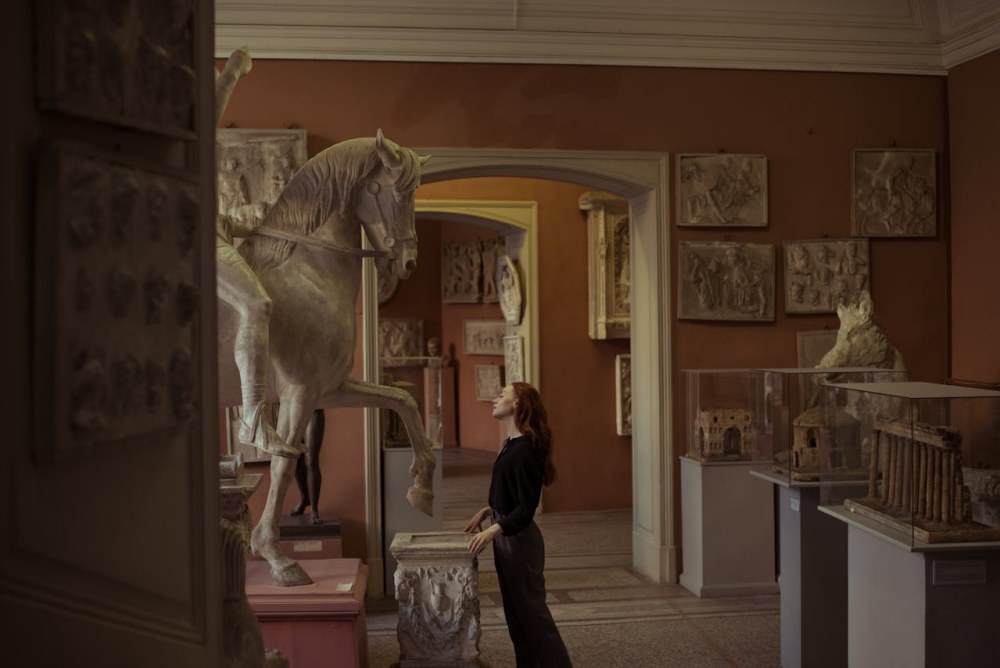In today’s evolving educational landscape, learning goes beyond textbooks and classroom walls. Incorporating educational trips, such as secondary school residential trips, into the curriculum can offer students invaluable experiences that enhance academic, social, and personal growth. These trips provide real-world learning opportunities that can’t always be replicated in the classroom. Here are the top reasons why educational trips should be a fundamental part of secondary school curriculums.
One – Hands-On Learning in Real-World Settings
Educational trips give students the chance to engage in hands-on learning that brings classroom lessons to life. Whether it’s exploring historical landmarks, visiting science museums, or participating in outdoor environmental programs, students can directly apply what they’ve learned in the classroom to real-world situations. This experiential learning reinforces concepts and deepens students’ understanding of various subjects.
For example, a biology class can only cover so much in a textbook, but a field trip to a nature reserve allows students to observe ecosystems and wildlife up close. Secondary school residential trips that incorporate activities like hiking, geology studies, or historical site visits offer students the chance to experience learning in action, making subjects more relatable and memorable.
Two – Develops Critical Thinking and Problem-Solving Skills
When students step outside their familiar learning environment, they are often faced with new challenges that require critical thinking and problem-solving. Educational trips are an excellent way to encourage students to think on their feet and adapt to new situations. Whether it’s navigating through a museum exhibit or completing team-building exercises during a residential trip, students are exposed to new perspectives that challenge their usual way of thinking.
These experiences help students develop resilience and a growth mindset. By overcoming obstacles in unfamiliar environments, they build essential skills that not only enhance their academic performance but also prepare them for future challenges in life and work.
Three – Fosters Social Skills and Teamwork
One of the most valuable aspects of educational trips is the opportunity for students to develop social skills and improve their ability to work as part of a team. During secondary school residential trips, students are often required to collaborate on group activities, from outdoor adventures to team-building exercises. These situations encourage students to communicate, share ideas, and solve problems together.
Collaborating in a different environment also helps students build stronger bonds with their peers, as they learn to rely on each other and work together toward common goals. This fosters a sense of community, helps to break down social barriers, and builds empathy, all of which contribute to a positive school culture.
Four – Increases Cultural Awareness and Global Understanding
Educational trips, particularly those that involve visits to cultural or historical sites, expose students to diverse perspectives and ways of life. Learning about different cultures, histories, and traditions in a hands-on way enhances students’ cultural awareness and global understanding. It helps them appreciate the richness of the world around them and fosters respect for other people’s experiences.
Whether it’s a trip to a local museum, a cultural site, or an international excursion, these experiences broaden students’ horizons and encourage them to think beyond their immediate surroundings. This kind of exposure is essential for preparing students to become global citizens who are empathetic, informed, and open-minded.
Five – Builds Confidence and Independence
Educational trips, especially longer excursions like secondary school residential trips, offer students the chance to develop independence. Being away from home, managing personal responsibilities, and navigating new environments help students build confidence in their abilities. This sense of independence encourages them to take ownership of their learning and make decisions on their own.
Whether they’re making choices about how to spend their free time on a trip or learning to navigate a new city, these experiences foster self-reliance and leadership skills. By stepping outside their comfort zones, students return from educational trips with greater self-confidence, which positively impacts their academic performance and personal growth.
Six – Enhances Emotional and Mental Wellbeing
Educational trips offer students a break from the daily academic routine, which can be refreshing for their emotional and mental well-being. Spending time in new environments, particularly in nature or outdoor settings, helps reduce stress and anxiety. Activities such as hiking, outdoor exploration, and group challenges encourage physical activity and provide a sense of accomplishment, which boosts self-esteem.
Moreover, these trips allow students to bond with peers and teachers in a more relaxed setting, fostering stronger relationships that contribute to a supportive learning environment back at school. This emotional and social development is vital for a student’s overall well-being and success.
Conclusion
Educational trips provide secondary school students with learning experiences that go far beyond the classroom. From enhancing academic understanding to building social skills, critical thinking, and cultural awareness, these trips offer countless benefits that help students grow both academically and personally. Secondary school residential trips in particular, provide immersive opportunities for students to step outside their comfort zones, gain confidence, and develop essential life skills. By integrating these trips into the curriculum, schools can offer a well-rounded education that prepares students for both academic success and the challenges of the real world.









